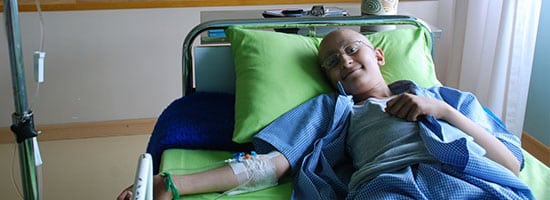A cancer diagnosis is never the kind of news that patients want to hear, regardless of age. However, if the diagnosis is for a child, it is usually an even more sensitive matter. Different questions are raised, including if the child will get well and whether or not the family will be able to afford the treatment.
Globally, cancer rates among children and teens have increased with about 300,000 new cases annually. Due to advances in major cancer treatments in the last decades, over 80% of young cancer patients survive for at least five years. The survival percentage though can vary depending on the cancer type as well as other factors, such as the cancer treatments used, and the child’s age by the time of the treatment.
Helping the Child Understand
Children with cancer are typically treated at a cancer center for children, which is usually a hospital or a hospital unit that focuses in younger patients. After the diagnosis, parents may consider sharing the condition to their child. According to experts, awareness of the child on his or her disease is vital in the treatment process.
It does help if the child knows that he or she will be subjected to long term care and that visits to the hospital will become more frequent. Often, children find doctors, nurses, injections, and medicines quite threatening for them. Families can provide comfort to the patient, so that the child feels better or at least is at ease upon seeing the things related to the treatment.
It also helps if the parents are able to prepare the child accurately regarding the possible consequences of the treatment procedures and the medications that will be prescribed for the patient. This way, the child can anticipate and perhaps, accept the upcoming discomfort that their bodies may go through.
Improving the Coping Process
As a parent, you know how your child will react to bad news. Cancer, though, is not something your child will expect to hear from you. Still, you should try your best to explain his or her condition in a way that your child can understand. Your child will surely want clear answers as soon as they start asking questions.
As much as possible, do not make statements about the medicine not tasting as bad as they think or that the injections will not hurt. It is much better if you are honest about all the processes involved, as this technique is actually more effective in reducing the patient’s fears. After a cancer diagnosis, it is crucial for parents to seek help from a medical expert or center that specializes in treating childhood cancer or pediatric oncology.

